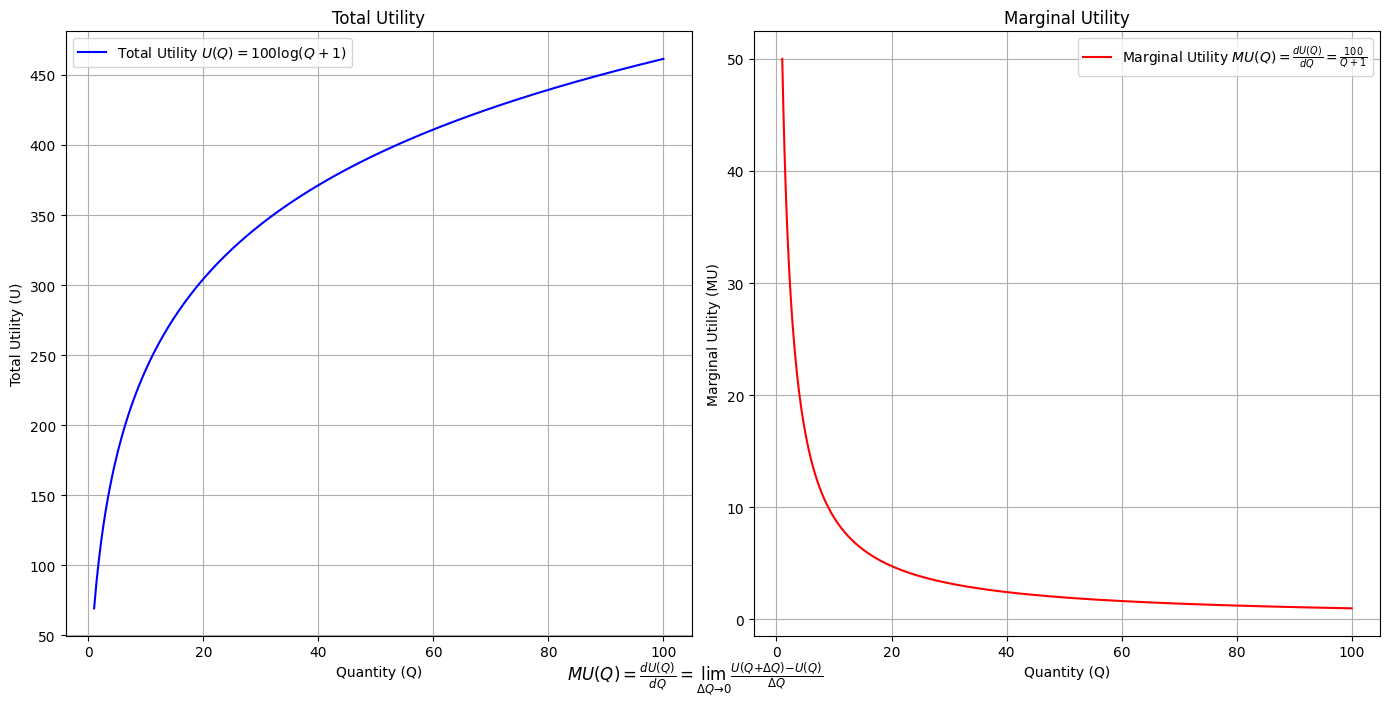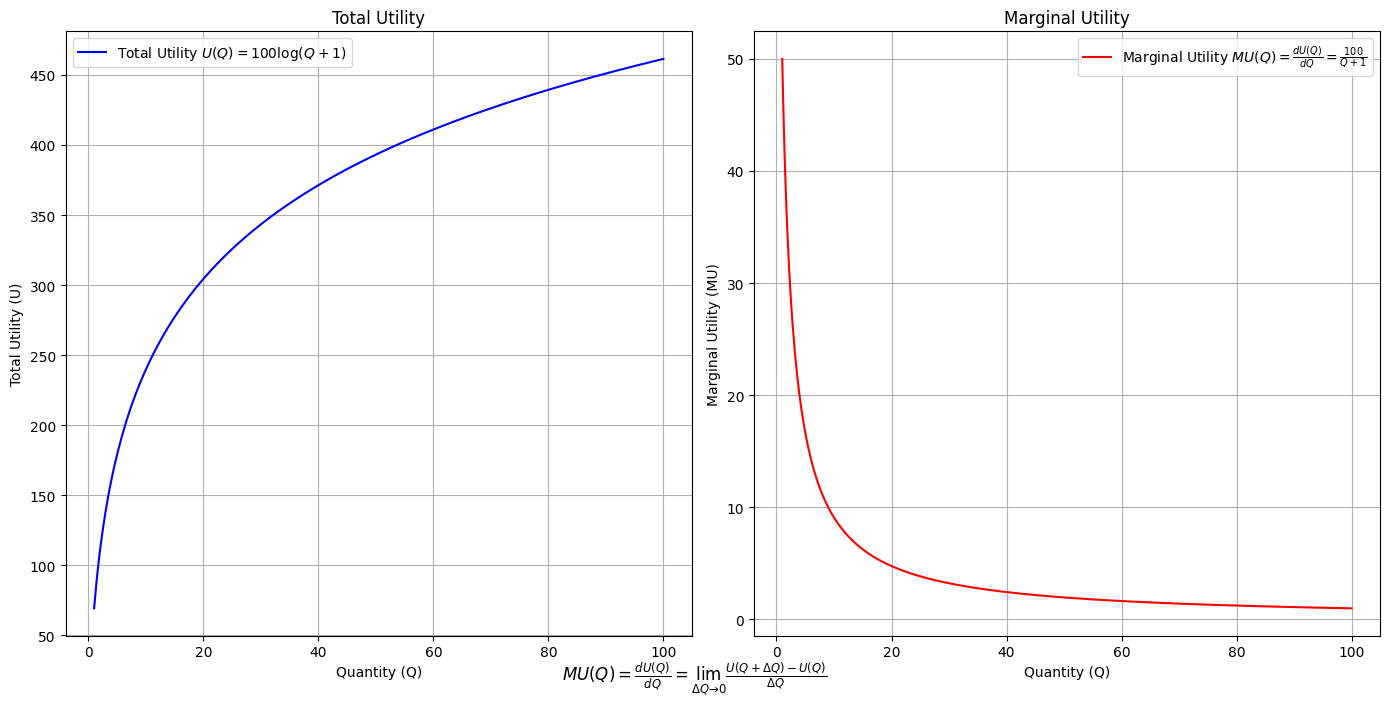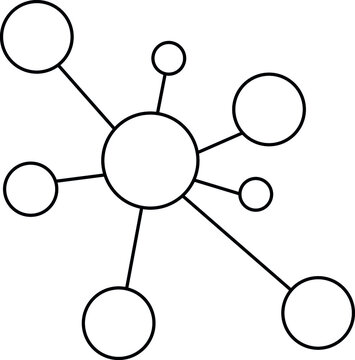Unknown#
From the point of view of form, the type of all the arts is the art of the musician - Oscar Wilde
Missingness of one or all of the principle components of data, code, server, models, weights, and profiles is what is at stake (but perhaps migration represents redefining home?):
\(f(t)\) I
\(S(t)\) ii-V-I
\(h(t)\) iii, IV, vi, vii, alterations
Δ7
m or min
° or dim
ø or m7♭5, -5
+or aug, ♯5 or +5sus
♭9, ♯9, ♯11, ♭13
\((X'X)^T \cdot X'Y\) tension & release (e.g. Aiim7/E (GΔ) - iim7♭5/E Em)
\(\beta\) m7♭5 > 7♯9 > 7♭9 > °7 > 7, etc
\(SV'\) BWV 846 Prelude in C Major, Op 28 Prelude No. 4
While Tyler Perry’s work captures the collective unconscious via tension (bad marriage) & release (church music), the characters he creates don’t have individually compelling arcs that subsume many of the parameters of life
This is equivalent to their \(SV'\) being a vector of mostly \(zeros\) and the barriers, challenges, diversions, sirens, misfortunes, obstacles, courses, “chains” within which Tyler Perry is supposed to “dance” aren’t rich, leaving a basic ii-V-I redemption arch with perhaps one or two straightforward insersions of, say, iii and IV.
1. f(t)
\
2. S(t) -> 4. y:h'(t)=0;t(X'X)X'Y -> 5. b -> 6. SV'
/
3. h(t)
ii: Departure 1, 2, 3#
Sensory acuity: vision, hearing, smell, balance, glucose
Memory & cognitive: integrity, decline, tests
Physical activty: sarcopenia, brisk, dynamometer
V: Struggle 4#
Frailty: loneliness, isolation, usefulness
I: Return 5, 6#
Independence: ADLs, IADL
Hard-outcomes: shuffling, reflexes, falls, hospitalization, organ-failure, death
1. Pessimism
\
2. Beyond Good & Evil -> 4. Dionysian -> 5. Science -> 6. Morality
/
3. Robustness

1. Chaos
\
2. Frenzy -> 4. Dionysian -> 5. Algorithm -> 6. Binary
/
3. Energy
Activation Function, \(Q\): 1st, 3rd, 5th, ♭♭7th, 9th#
Hunter-gatherer/
War: humanism, spiritual teachings (I)Peasant/
Economics: judeo (B)
Biases, \(U()\): 11th, 13th#
Farmer/
Calculus: christian (G)Manufacturer/
Philosophy: world religions (Y)
Weights, \(\frac{dU()}{dQ}\): ♯9,♭9,♯11,♭13#
Show code cell source
import numpy as np
import matplotlib.pyplot as plt
# Define the total utility function U(Q)
def total_utility(Q):
return 100 * np.log(Q + 1) # Logarithmic utility function for illustration
# Define the marginal utility function MU(Q)
def marginal_utility(Q):
return 100 / (Q + 1) # Derivative of the total utility function
# Generate data
Q = np.linspace(1, 100, 500) # Quantity range from 1 to 100
U = total_utility(Q)
MU = marginal_utility(Q)
# Plotting
plt.figure(figsize=(14, 7))
# Plot Total Utility
plt.subplot(1, 2, 1)
plt.plot(Q, U, label=r'Total Utility $U(Q) = 100 \log(Q + 1)$', color='blue')
plt.title('Total Utility')
plt.xlabel('Quantity (Q)')
plt.ylabel('Total Utility (U)')
plt.legend()
plt.grid(True)
# Plot Marginal Utility
plt.subplot(1, 2, 2)
plt.plot(Q, MU, label=r'Marginal Utility $MU(Q) = \frac{dU(Q)}{dQ} = \frac{100}{Q + 1}$', color='red')
plt.title('Marginal Utility')
plt.xlabel('Quantity (Q)')
plt.ylabel('Marginal Utility (MU)')
plt.legend()
plt.grid(True)
# Adding some calculus notation and Greek symbols
plt.figtext(0.5, 0.02, r"$MU(Q) = \frac{dU(Q)}{dQ} = \lim_{\Delta Q \to 0} \frac{U(Q + \Delta Q) - U(Q)}{\Delta Q}$", ha="center", fontsize=12)
plt.tight_layout()
plt.show()

Running this code will generate a visual demonstration of diminishing marginal utility with appropriate calculus notation and Greek symbols.
Here is the generated image:

One needs challenges, a worthy adversary, the embrace of more remote overtones of the harmonic series - Qualities
Westmalle Dubbel, \(7\) %
Duvel, \(8.5\) %
Truth, \(8.7\) %
Westmalle Tripel, \(9.5\) %
St. Bernardus
Abt 12, \(10\) %


